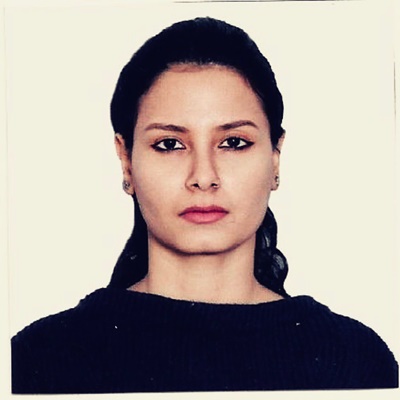India has set the ball rolling to bring out a National Security Strategy after years of discourse and deliberations within the military and the strategic community on the need to have one, The Indian Express has learnt.
The National Security Council Secretariat (NSCS) is putting in place a comprehensive National Security Strategy in consultation with several Central ministries and departments. A final Cabinet approval will then be sought for it.
This is the first time that India will come out with a national security strategy. Countries such as the US and UK have published national security strategies which are updated periodically.
The document is aimed at putting together India’s national security objectives and the ways to be adopted to achieve or realise them.
Over the last few months, several ministries have provided inputs for the document on the entire gamut of challenges and threats facing India, including non-traditional ones such as financial and economic security, food and energy security, information warfare, vulnerabilities in India’s critical information infrastructure, and those associated with supply chains and environment. Ministers of the respective ministries are also involved in the process.
A senior official privy to the development told The Indian Express that given the complex nature of the various traditional and non-traditional threats, especially when rising geopolitical tensions have given way to uncertainties, it was felt that there was an urgent need to draft a national security strategy. This, the official said, would draw in from the comprehensive national power of the country.
“This needs a whole-of-government approach. Several Central ministries and other stakeholders have their roles cut out for the various facets of national security, the vulnerabilities and threats and the ways to plug them,” the official said, without divulging the timeline on when it would be ready or providing details on the exact contours of the strategy given the confidential nature of certain aspects that would be part of the draft.
The official document, once ready, will be made public. The official said it would be updated regularly, based on emerging situations and newer threat assessments.
Another official privy to the development said the strategy may include other stakeholders to tackle the many non-traditional threats and vulnerabilities identified across domains such as civil society organisations, academia, media, think tanks and other institutions.
The comprehensive document will consolidate and put together the challenges and threats unique to India and develop strategies to address them in the immediate and near future. This could include earmarking of resources, considering the existing internal and global situation.
A National Security Strategy document outlines the country’s security objectives, the ways to be adopted to achieve these. Updated periodically, it defines traditional, non-traditional threats and opportunities while introducing accountability of agencies tasked with implementation of responsibilities.
The military and the strategic community have time and again emphasised the absence of, and the pressing need to have a comprehensive national security strategy for India.
Last year, former Army chief General M M Naravane, while delivering a talk at the 4th General K V Krishna Rao Memorial Lecture, said it was essential to draft a national security strategy before taking the theaterisation process forward.
This, he said, would help in optimal utilisation of the military’s resources for future wars and operations. Without such a well-defined strategy, he said, military reforms would be like “putting the cart before the horse”.
Speaking at an event a week ago, former National Security Adviser Shivshankar Menon said India needs a national security strategy and, in the interim, a white paper on defence detailing its thinking on important issues.
In the past, three attempts were made to come out with a national security strategy but there was hesitation at the political level, he said, adding that he sensed it could have been because of the accountability it would bring in defence management.
 Amrita Nayak DuttaAmrita Nayak Dutta writes on defence and national security as part of … read more
Amrita Nayak DuttaAmrita Nayak Dutta writes on defence and national security as part of … read more
